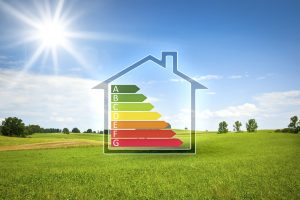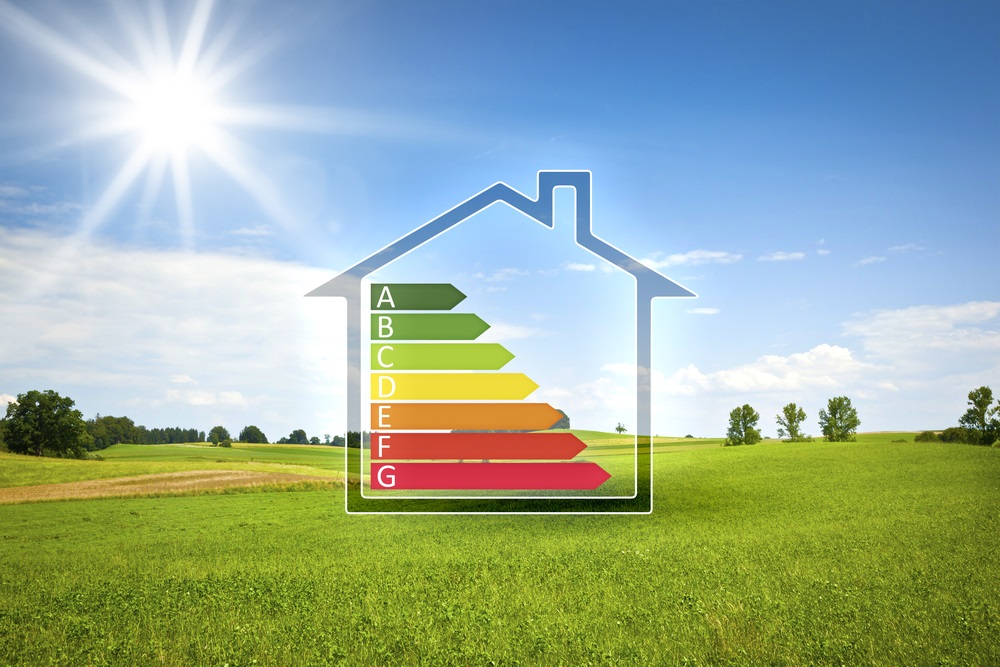Homes which have had upgrades to improve their energy efficiency are being sold at a premium of up to 20%, a report by Santander has revealed.
 The so-called ‘green premium’ has emerged partly in response to rising energy prices with buyers rating energy efficiency as one of the most desirable features of a home.
The so-called ‘green premium’ has emerged partly in response to rising energy prices with buyers rating energy efficiency as one of the most desirable features of a home.
The study of more than 2,300 homebuyers, owners, estate agents and mortgage brokers found buyers would pay an average of 9.4% more for homes which had been retrofitted to improve their green credentials.
Meanwhile, estate agents reported buyers were paying an average of 15.5% more for a home which met high energy efficiency standards – with a third saying they would pay 20% or more in their area.
Energy efficiency was also at the top of most buyers’ ‘wish lists’ the estate agents said.
Graham Sellar, head of mortgages at Santander said: “There appears to be a clear increase in the desirability of energy efficient properties as people face the reality of rapidly increasing energy bills, with today’s buyers more likely to pay a premium for a retrofit than a fitted kitchen.
“But there is a huge amount of work to be done to ensure homeowners understand the changes they need to make and the importance of both the economic and environmental benefits of making them.
“Lenders, government, construction companies and others in the housing industry need to come together to support people and policies that will drive forward widespread change.”
What energy-efficiency looks like in the ideal home
An energy efficient boiler was the number one investment homeowners would make to improve their home – more popular amongst respondents than a kitchen upgrade.
Meanwhile the 2020 hot tub trend has passed, according to Santander, with only 5% likely to invest in this addition to the home.
But the research also found there was a knowledge gap when it came comes to understanding what homeowners needed to consider to make their homes more energy efficient.
As part of its net zero goal, the UK government has set an aspirational target that all homes should have an Energy Performance Certificate (EPC) rating of C or above by 2035.
Currently only one third of UK homes meets this target, meaning an estimated 19 million homes need retrofitting.
However, more than half of respondents did not know what the initials EPC stood for, and three in five people did not know the EPC rating of the property they currently live in. Only 15% of people would strongly agree that they have found it easy to access information about energy efficiency.
Yet estate agents say, on average, it’s taking them up to four months longer to sell properties with a poor EPC rating.














